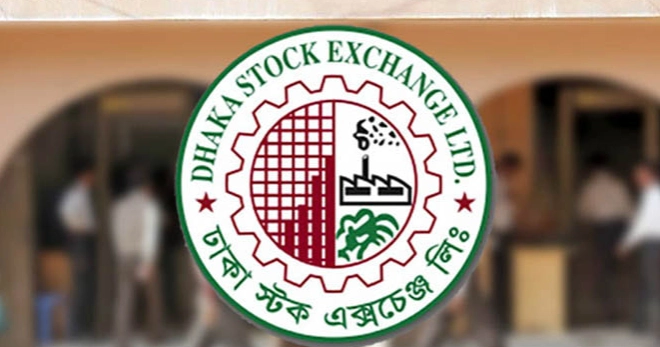BM Desk: For the first time in the history of Bangladesh’s capital market, the Dhaka Stock Exchange (DSE) has introduced a new tick size for shares traded below Tk 1.
According to the new rule—effective from October 29, 2025—the minimum price movement (tick size) for shares priced under Tk 1 has been set at 1 poisha.
Currently, the tick size for all types of equity securities is 10 poisha. However, as the share prices of some companies have recently fallen below Tk 1, the existing system became inconsistent with market realities. To ensure smoother trading, DSE decided to implement this new rule.
DSE officials said that the share prices of several small- and mid-cap companies are now hovering near Tk 1, and the prices of two companies have already fallen below Tk 1. Under the old 10-poisha tick size, these shares were stuck at the circuit breaker limit, causing trading to halt effectively.
For example, if a share price drops from Tk 1 to 90 poisha, that’s a 10% decline. But traders couldn’t place buy or sell orders at 91 poisha or 89 poisha because of the old 10-poisha increment rule. As a result, price adjustment and trading became stagnant.
In this context, DSE, under Regulation 18 of the Dhaka Stock Exchange Automated Trading Regulations, 1999, has introduced the new rule. Under the new system, investors will now be able to place orders at prices such as 87, 88, or 89 poisha. This change will.
• Narrow the bid-ask spread,
• Increase market liquidity, and
• Reduce transaction costs.
DSE stated that this change will enable finer price movements, make price discovery more market-oriented, and align the market structure with international standards.
Notably, shares of People’s Leasing and Financial Services Ltd (PLFSL) and Fareast Finance and Investment Ltd have recently traded around 90 poisha.
According to DSE data, 104 companies and mutual funds are currently trading below their face value of Tk 10—among them, 55 are trading below Tk 5.
Market analysts believe that this new tick size initiative will help break the stagnation in trading activity and re-engage investors. However, they noted that brokerage houses will need to update their trading software and systems to implement the rule effectively.
DSE has formally notified the regulator, BSEC, about this new measure.


